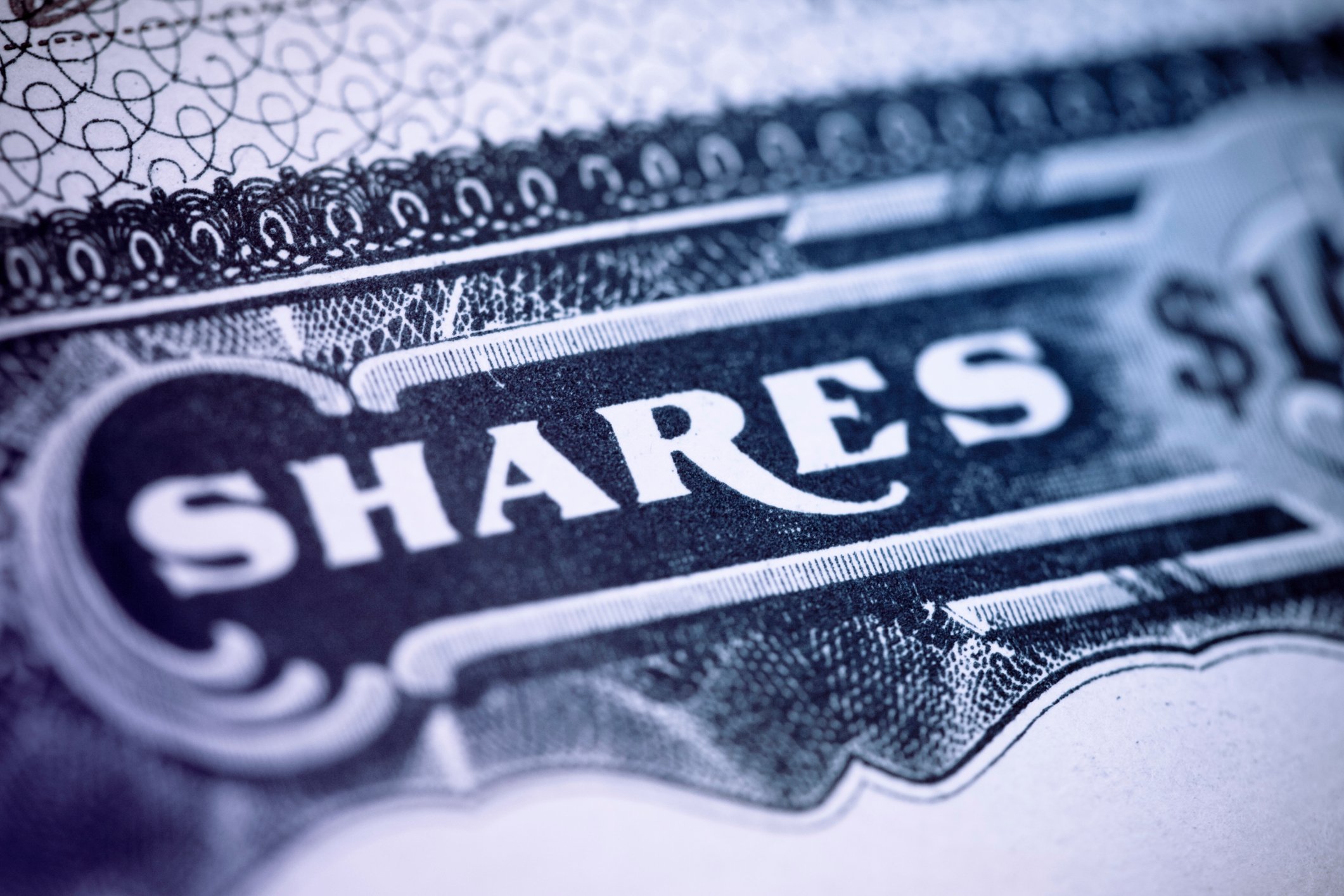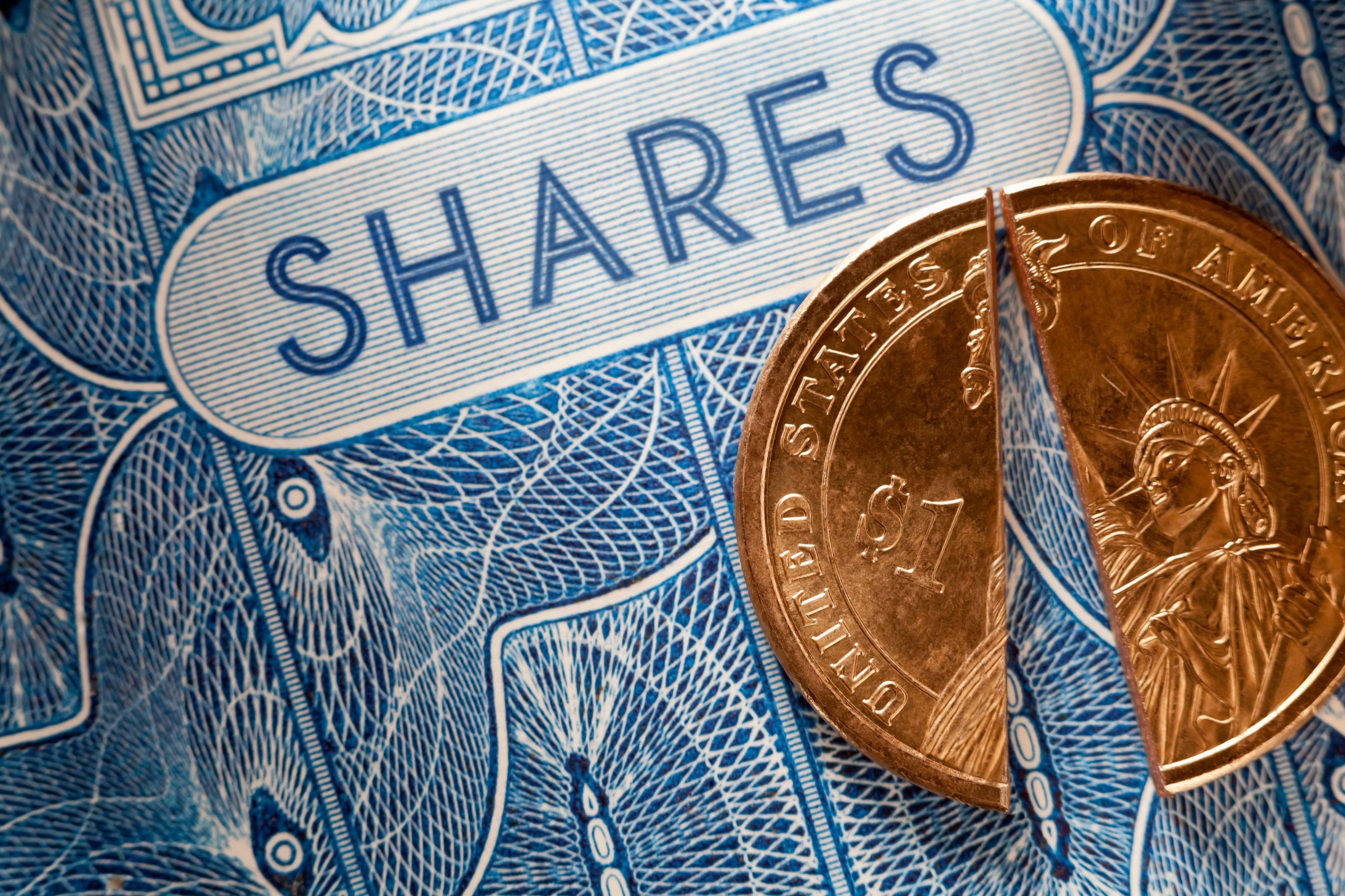It was another eventful week for the only satellite-radio provider, even as shares of Sirius XM Radio (SIRI +0.00%) were essentially flat, going from $2.77 to $2.76. For comparison, the S&P 500 was also flat for the week, while the Dow 30 rose 1% and the tech-heavy Nasdaq fell 1%.
What happened on the Sirius XM front this past week? Well, the company initiated a revolving credit facility and followed it up a day later by announcing an aggressive share buyback and its first ever dividend. Pandora (P +0.00%) also saw its stock get slammed after posting disappointing guidance.
Let's take a closer look.
Let's give Sirius XM some credit
Making the most of cheap debt is something Sirius XM has done in the past, swapping out debt for bonds with lower interest rates and pushing out maturities.
And why not? Sirius XM's fundamentals have improved dramatically over the past three years. The company that was teetering on the brink of bankruptcy in early 2009 is now positioned to generate $700 million in free cash flow this year.
When Sirius XM announced that it had taken out a $1.25 billion revolving credit facility, it wasn't hard guess why the satellite-radio provider was willing to take on a more leveraged stance.
"The company will use borrowings under its facility for working capital and other general corporate purposes, including, without limitation, share repurchases, dividends, and the financing of acquisitions," read the press release.
CEO Mel Karmazin seems to make it a quarterly point that there isn't a company that Sirius XM is interested in buying. Dividends and share repurchases would make far more sense -- and that's just what investors got a day later.
Returning money to shareholders
It's clear that Sirius XM prefers buybacks over dividend checks as a way to put its free cash flow and newfound borrowing ability to work. On Thursday, Sirius XM's board approved a $325 million dividend but a much larger $2 billion earmarked for share buybacks.
The payout won't amount to much -- just $0.05 a share that will go out to the company's shareholders later this month. If Sirius XM isn't feeling more generous than that now, when qualified dividend taxes max out at 15%, it's not going to feel the need to part with more than amount that next year and beyond, when tax rates move potentially sharply higher.
Share repurchases, on the other hand, tackle the one thing that's keeping Sirius XM's share price low. Buybacks that will eat at the company's billions of shares outstanding will help improve profitability on a per-share basis -- though, granted, not by a lot. The $2 billion spree would've gone a long way three years ago, but it may be enough only to take shares outstanding below 6 billion today if it's fully executed.
Liberty Media (LMCA +0.00%) is on board with the buyback. It plans to buy an equal stake in any shares that Sirius XM scoops up now to keep its effective stake at 49.8%. Then again, it wouldn't be a surprise if Sirius XM is holding that buyback power until Liberty Media obtains clearance to take majority control of the company.
Liberty Media has played nice with Sirius XM because the two are essentially conjoined twins at the moment. However, John Malone's eclectic media empire may be counting on Sirius XM even more these days after its own Starz was dealt a blow in streaming rights.
Disney (DIS +2.71%) announced earlier this week that Netflix (NFLX +0.66%) will receive exclusive licensing rights for stateside streaming services starting with movies released theatrically come 2016. Starz currently holds those rights, and it was Starz that dealt Netflix a brutal blow last year when it refused to renew its contract with the leading video service.
This may not factor into Liberty Media's likely plan to spin off Sirius XM once it achieves majority control, but it will make things a bit more interesting.
Pandora gets panned
This has been a rough earnings season for a lot of consumer-facing companies, and Pandora was the latest to stumble.
Looking back isn't a problem. Pandora posted a healthy adjusted profit as revenue spiked 60% to $120 million. The problem here is guidance. The pioneer of customized radio warned that it will post a surprising deficit on just $120 million to $123 million in revenue. The market was hoping for more than $130 million in revenue, so the flattish sequential showing is a problem.
This development won't get in the way of Sirius XM's introduction of its own Pandora-like service later this month. If anything, Pandora's weakness may play to Sirius XM's advantage. If Pandora makes its free service harder to use as a way to convert many of its free-service users into premium customers, the pricing advantage of Sirius XM's online offering -- especially to receiver-based subscribers that get a steep discount by adding the online service -- will become that much better.
Running of the bulls
I recently put out a premium report on Sirius XM Radio, detailing the challenges and opportunities that await investors that are both long and short the dynamic media giant. A year of updates is also included with the report. Click here to check it out now.








